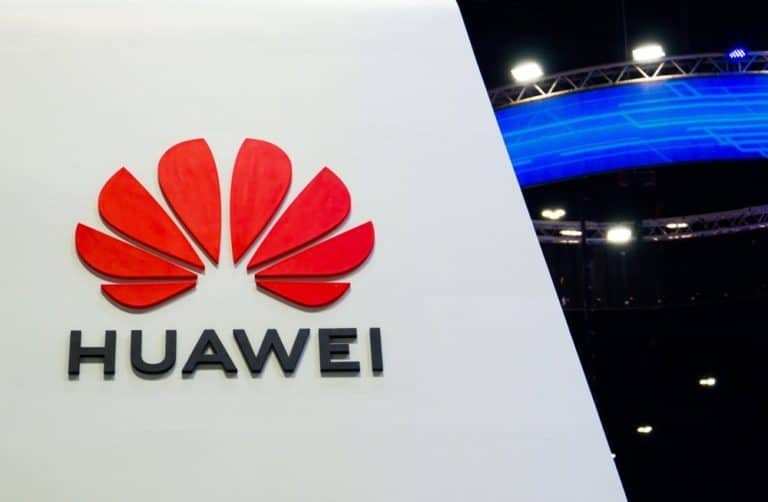The acting budget chief of the White House wants the ban on Huawei to be postponed. The chief, Russel T. Vought, asked for the postponement in a letter to Vice President Mike Pence and nine members of the U.S. Congress. The Wall Street Journal holds a copy of that letter.
Specifically, Vought wants certain parts of a law that prevents American companies from doing business with Chinese Huawei to be postponed. According to Vought, this law poses problems for companies that use Huawei’s technology.
The law ensures that U.S. government agencies and companies that receive grants or loans from the government are no longer allowed to do business with Huawei and other Chinese tech companies. The law was signed last year, after years of US concern about Chinese espionage through Huawei’s equipment.
In addition, the law not only prohibits the use of equipment belonging to the Chinese company, but it is also the reason why Huawei has been blacklisted. As a result, the company is no longer allowed to purchase U.S. manufactured products and services unless it has been explicitly approved by the government.
Letter
In the letter, which was sent on 4 June, Vought warns that the ban could lead to a “dramatic reduction” in the number of companies that can deliver to the government. It would also disproportionately affect American rural businesses that depend on government funding. Huawei equipment is popular there.
Vought asks if the restrictions on contractors and recipients of government loans and scholarships can enter into force four years after the law comes into force, instead of the current two years. As a result, the affected companies have time to respond and provide feedback.
A Huawei spokesman says that the company is aware of the talks and “is closely monitoring the situation”. “Pence spokespersons and the Congress members to whom the letter is addressed have not yet responded.
This news article was automatically translated from Dutch to give Techzine.eu a head start. All news articles after September 1, 2019 are written in native English and NOT translated. All our background stories are written in native English as well. For more information read our launch article.